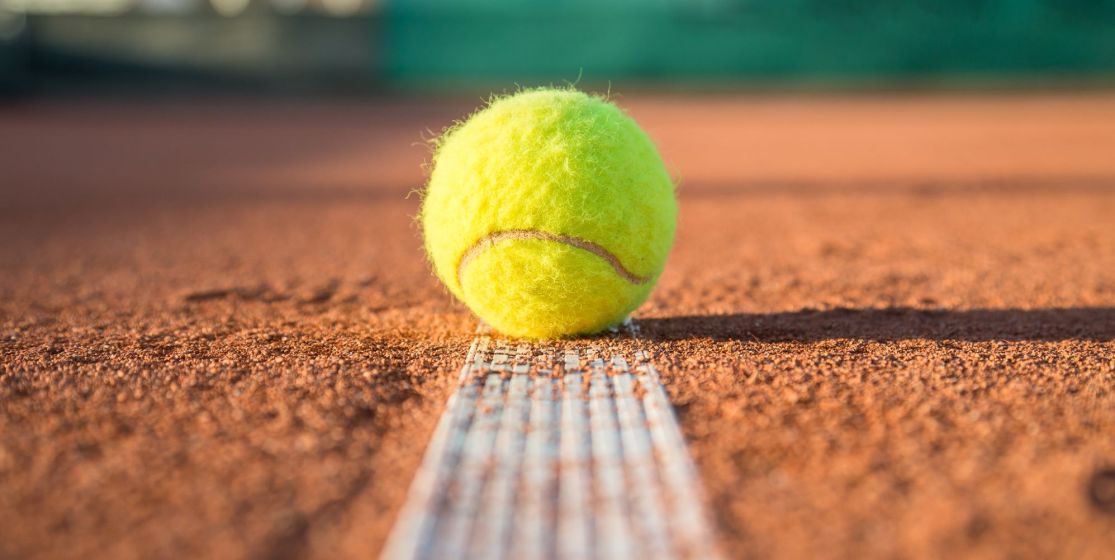After decades of success, Swedish tennis is currently facing a serious crisis. Robin Soderling managed to hide for a while the emptiness behind him, but his absence on the tour for over a year reveals the extent of the damage: No player in the top 400, an unprecedented relegation in the Davis Cup by BNP Paribas and a destabilised federation. An investigation to mark the occasion of the Stockholm Open…
The first face that comes to mind when talking about Swedish tennis is Björn Borg. The archetypal Scandinavian: a handsome athlete, elegant with long blond hair held by a headband. He’s also the one with whom it all began. "The Alien" as he was called on the tour landed on planet clay and won a string of victories in the ‘70s. This symbol of a triumphant Sweden was also the leader of a whole generation of young players fascinated by his exploits. “Thanks to Borg, a lot of kids started to play tennis in the country, including myself”, recently explained Stefan Edberg on CNN. “Courts were built at the same time and interest in the sport was rising.” Mats Wilander agrees, “Swedish tennis developed because of Björn Borg, he played an innovative style we all wanted to copy.”
Johansson, last winner of a Grand Slam in 2002
And this is what the two companions did. Following the lead of the pioneer, during the '80s Edberg and Wilander monopolized the top positions in the ATP and won tournament after tournament; 42, including six Grand Slams for the former, 33 including 7 Grand Slams for the latter. At the time, Sweden was arguably one of the strongest nations on the courts. Some figures to illustrate this domination: in 1984, there were six fellow countrymen in the top 50 (Wilander, Sundström, Jarryd, Nyström, Edberg and Gunnarsson), and in 1987 there were 18 Swedes competing in the Men’s Singles of Roland Garros.
The golden age continued through the ‘90s with three more Davis Cup by BNP Paribas titles in 1994, 1997 and 1998, to add to those won in the previous decade. This was the time of Norman Magnus, Jonas Björkman, Thomas Johansson and Thomas Enqvist; a generation that maintained the illusion of an immovable Swedish presence on the tour. Except that in the early 2000s, the source dried up. "You could feel the decline coming for a few years”, observes Henrik Stahl, journalist for the newspaper Aftonbladet. “Thomas Johansson has certainly surprised everyone by winning the Australian Open in 2002 but it ended there. It's also the last time a Swede won a Grand Slam.”
Rosenholm, Sweden’s number 1, but 438th in the World...
Robin Soderling nearly managed the same feat at the 2009 and 2010 French Open, but failed both times in the final, the first time to Federer, the second to Nadal. Since then, the quiet Söderling has contracted a rare form of mononucleosis. It's already been 18 months since he disappeared from the tour, with chances of a successful comeback receding by the day. "I believe he can try a comeback when he will be fully recovered, but it doesn't mean that it's going to work out”, says Henrik Stahl. “A guy like Del Potro needed two full seasons to almost get back to the level he had prior to his injury. Besides, Söderling is already 28 years old and has only recently resumed training... "
But it gets worse for Sweden even with the Söderling case aside. Behind him, there's nothing. The current highest ranked Swede in the ATP rankings is Patrick Rosenholm at 438th in the world! There was not even a single compatriot of Björn Borg at Roland Garros this year and the Davis Cup by BNP Paribas team has just lost 0-5 its first round tie against a modest Belgium team. Sweden will therefore take part next season in the second tier and the future looks grim to say the least. Captain Thomas Enqvist nevertheless wishes to put the situation in perspective, arguing that "in all sports and all countries, there are ups and downs. Tennis is very popular. There are several excellent academies and the federation is doing a great job.”
"Football has Zlatan, tennis has no one"
He’s the only one to show such optimism. The federation official Johan Sjorgren himself acknowledged that the federation had "failed to take into account the technical evolution of the sport and to train coaches, who are also underpaid." Blinded by the results of the last decades and resting on their laurels, Swedish tennis now shows an obvious backwardness compared to other nations. "In my time, the Spanish federation used to come to Sweden to see how we were training, today it's the opposite" says Mats Wilander.
"While Football has Zlatan Ibrahimovic, tennis doesn't have anyone to encourage kids to become champions”, laments Henrik Stahl. “There was Söderling for a while, but the federation was unable to capitalize on his personality." A personality, it must be said, that was much duller than that of Borg or Wilander, which didn’t help either... Until the governing body of local tennis really tackles the problem head on, it will be a while before the next triumphant Swedish tennis player emerges. Henrik Stahl bets on "the enormous potential of the Ymer brothers, Elias and Mikael." The two brothers are respectively... 14 and 16 years old.
By Régis Delanoë






